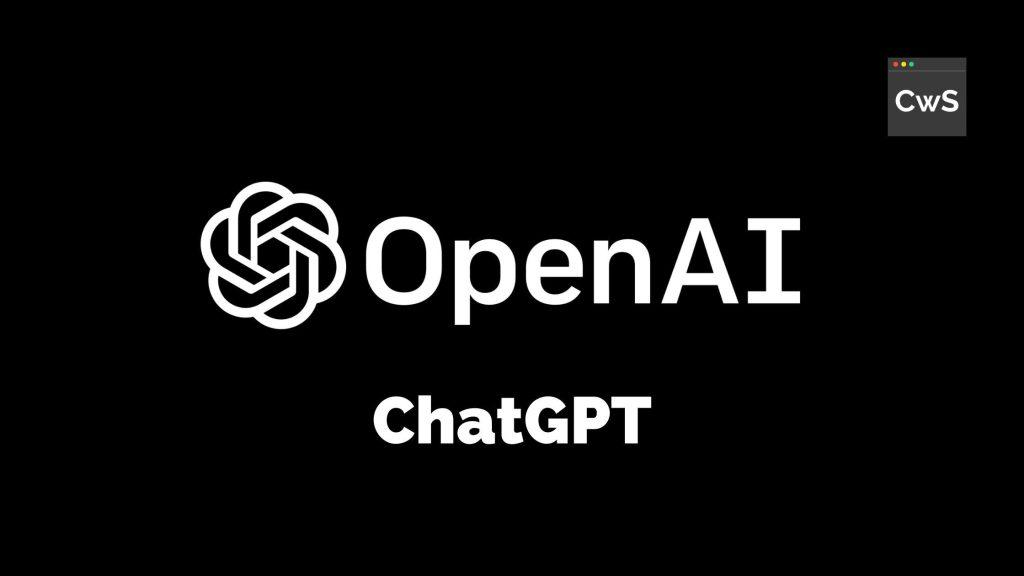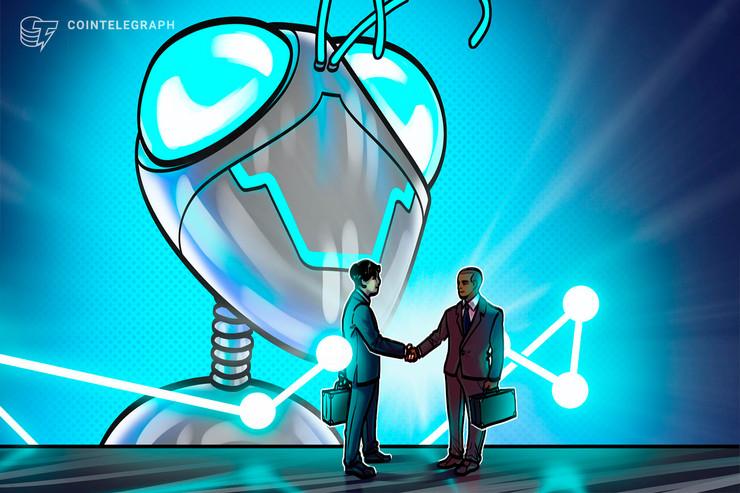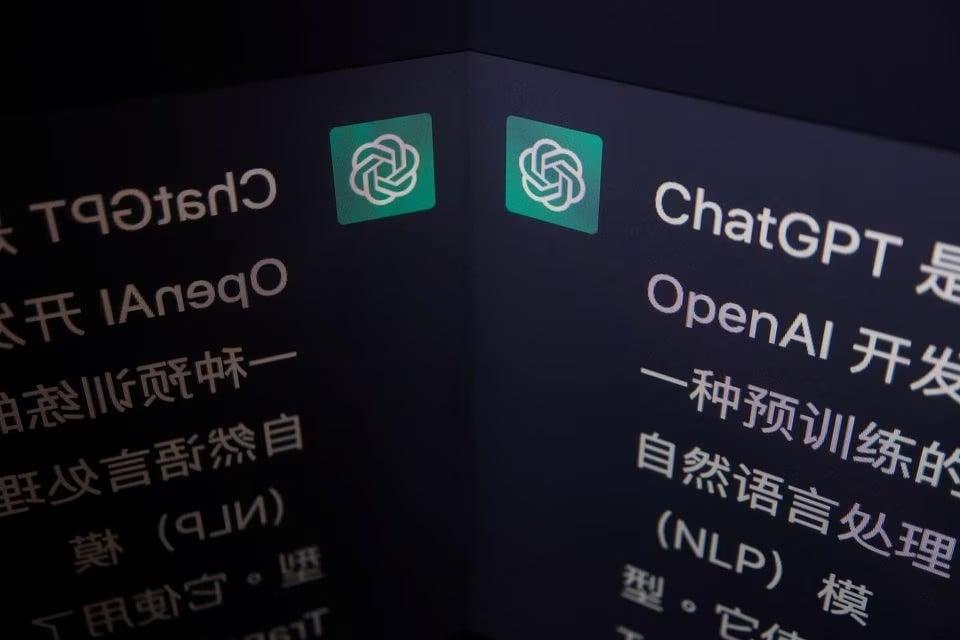The surge in artificial intelligence (AI) is poised to heighten banks’ reliance on major U.S. tech corporations, presenting fresh risks for the sector, European banking leaders cautioned.
Enthusiasm for integrating artificial intelligence (AI) into financial services has escalated, particularly since the debut of OpenAI’s widely-discussed chatbot, ChatGPT, in late 2022. Banks are actively exploring ways to implement generative AI, particularly for tasks like fraud detection and anti-money laundering.
However, during a recent fintech gathering in Amsterdam, some executives voiced apprehensions regarding the substantial computing power necessary for AI development. They worry that this will further entrench banks’ dependence on a handful of technology providers.
Bahadir Yilmaz, ING’s chief analytics officer, responsible for the Dutch bank’s AI initiatives, underscored the growing reliance on Big Tech firms for infrastructure and machinery. He noted that due to the immense computing power required for these technologies, banks will increasingly lean on external providers. Yilmaz emphasized the importance for European banks to maintain flexibility in their tech partnerships to avoid being locked into a single vendor.
The issue of banks’ reliance on a select group of tech giants is considered one of the industry’s foremost risks by Yilmaz. He stressed the need for European banks to be able to transition between different tech providers to prevent what he termed “vendor lock-in”.
In response to these concerns, Britain proposed regulations last year to oversee financial firms’ heavy dependence on external technology providers, including Microsoft, Google, IBM, and Amazon. Regulators are wary that disruptions at a single cloud computing company could potentially disrupt services across numerous financial institutions.
Joanne Hannaford, who heads technology strategy at Deutsche Bank’s corporate bank, highlighted the colossal computing demands of AI and emphasized that accessing such computing power sensibly typically requires collaboration with Big Tech companies.













